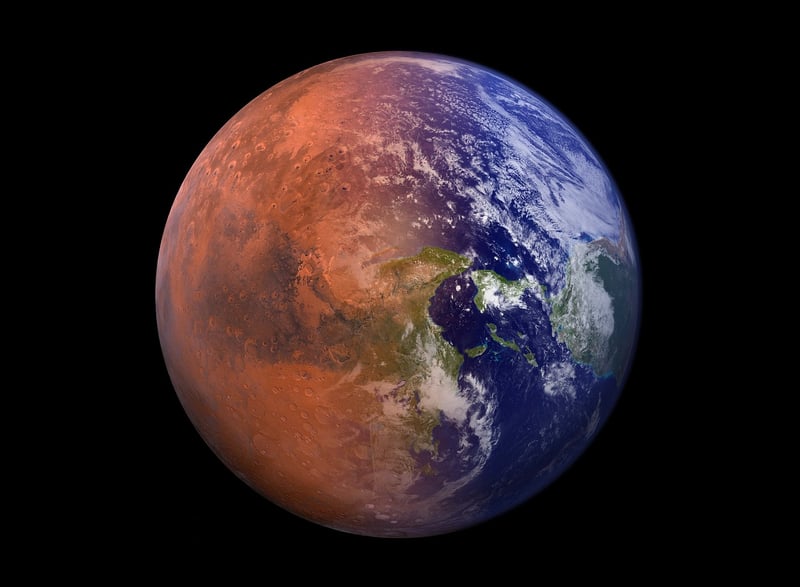Red Planet Terraforming
Making Mars Our Second Home: Red Planet Terraforming

Exploring the possibility of making Mars our second home has long been a dream of scientists and space enthusiasts. With its similarities to Earth and potential for terraforming, Mars presents an exciting opportunity for human colonization.
Why Mars?
Mars, often referred to as the "Red Planet," is the fourth planet from the Sun in our solar system. It shares many characteristics with Earth, such as a similar day length and axial tilt, making it a prime candidate for terraforming.
What is Terraforming?
Terraforming is the process of transforming a planet to make it more Earth-like and habitable for humans. This could involve modifying the atmosphere, temperature, and surface conditions of Mars to support life.
The Challenges of Terraforming Mars
While the idea of terraforming Mars is exciting, it comes with significant challenges. Mars has a thin atmosphere, low temperatures, and high levels of radiation, making it inhospitable to human life. Overcoming these obstacles will require innovative solutions and advanced technology.
Potential Solutions
Scientists have proposed various solutions for terraforming Mars, such as releasing greenhouse gases to thicken the atmosphere, creating artificial magnetic fields to protect against radiation, and introducing genetically modified organisms to produce oxygen. These ideas are still in the theoretical stage and would require extensive research and testing.
The Future of Mars Colonization
While the idea of colonizing Mars may seem like science fiction, rapid advancements in space exploration and technology are bringing us closer to making it a reality. Establishing a human presence on Mars could open up new opportunities for scientific research, resource extraction, and even interplanetary travel.
As we continue to explore the possibilities of making Mars our second home, it is essential to approach the challenges of terraforming with caution and consideration for the planet's unique ecosystem. Only through careful planning and international cooperation can we hope to one day call Mars our second home.
Are you excited about the prospect of terraforming Mars and making it our second home? Share your thoughts and join the conversation on the future of space exploration!
